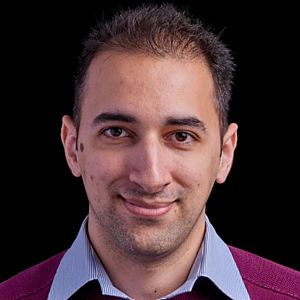I'm not a fan of FIRE, mainly because of its distinct bimodal approach towards life: the deferring phase, and then the living phase.First of all, I believe that the discovery of our true preferences is a life-long exercise, and the most reliable way to reveal our preferences is to live them. Almost everyone I know who retired after a grueling career went into retirement unprepared, and their life went downhill fast.
The 'Always Be Compounding' attitude during the deferring phase gets in the way of exercising the muscle that leads to discovering what we truly like and dislike.The other issue is about the hidden risk behind the magic $xM number. I don't think it's easy to convince our subconscious that any number is sufficient (beyond cases of extreme wealth), and our subconscious is likely right to smell a hidden risk – especially when expecting a long retirement. The 'safe 4% withdrawal rule' hasn't been proven safe, and it can never be proven. I'd imagine myself waking up every morning worrying about the stock market and an endless number of things beyond my control to verify that my assumptions are still valid. When it comes to matters of survival, the lizard part of our brain has a tendency to keep us up at night.
For me, active income is the ultimate robustifier and peace of mind enabler. Every day I make $100 from something I did recently confirms to me that I'm still relevant to society. And if my active income declines one day, it forces me to adapt while I'm still exercising my income-generating skills. It's much easier to adapt in this state, rather than 10 years into retirement when I realize I'll need to top up my savings.
There are certainly a few inspiring things from the FIRE movement, such as the questioning of our expectations, awareness of the hedonic treadmill, and thinking hard about what really matters. I think there's lots to gain from reading
Mr Money Mustache.
However, I'm quite convinced that the better life strategy is one of incremental lifestyle enhancement, where we're simultaneously adding enough optionality for the future, and also arranging our life in the present to best match our preferences.More specifically, my approach is to save the minimum possible so that I can weather any storm, then spend the excess in the present. I buy insurance for catastrophic risk, and save some money for what I can't insure against. Beyond that, I spend all the excess now. And sometimes, 'spending' simply means working less (leaving money on the table).

